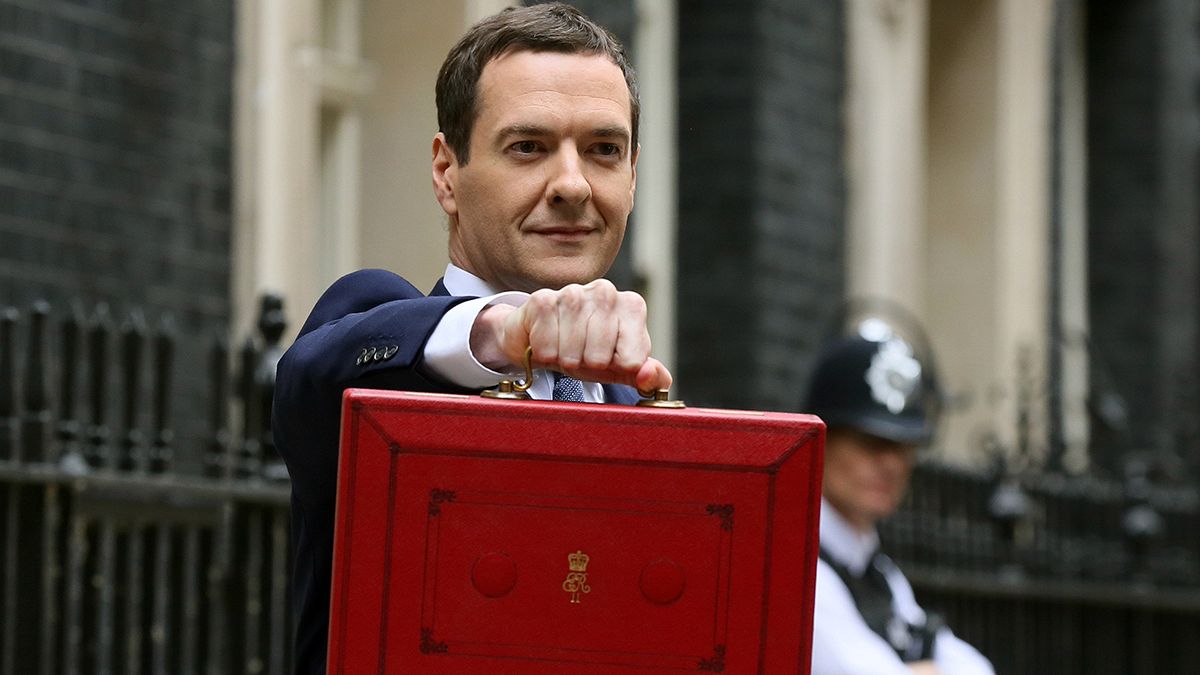George Osborne, Britain’s chancellor of the exchequer, produced a surprising budget when he introduced a squeeze on benefits before announcing a new national living wage.
Workers over the age of 25 will be paid £7.50 from April which will rise to £9 by 2020. The chancellor says the rise will have a minimal impact on jobs.
The increase will have surprised the opposition Labour Party, which had promised a minimum wage rise to £8 an hour by 2019 if it had won the 2015 election.
The chancellor introduced a swath of cuts including freezing working age benefits for four years, withdrawing housing benefits from 18 to 21-year-olds and limiting the benefits cap to £23,000 in London and £20, 000 outside the capital.
Osbourne also fixed public sector pay rises at 1% over the coming four years.
Personal tax-free allowance is set to rise from £11,000 next year with a vow to raise it to £12,500 by 2020. The rate at which the higher threshold comes in will begin at £43,000. The chancellor says this will benefit 29 million people.
The threshold for inheritance tax has been raised to £1m when passing on the family home.
Other measures include a commitment to spending 2% of the budget on defence, corporation tax is to be cut to 19% in 2017 and to 18% by 2020 while maintenance grants for students will be replaced by loans from 2016-17.
He also promised to pump £8bn per year into the NHS by the end of this parliament.
Clever and Poor? Good luck with that social mobility thing by the way #Budget2015#SummerBudgetpic.twitter.com/906qd883mU
— Cannon (@UndercoverMutha) July 8, 2015
